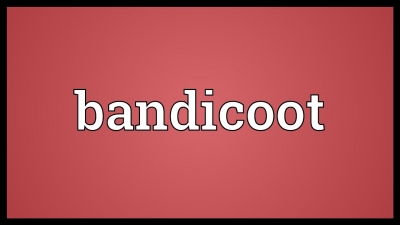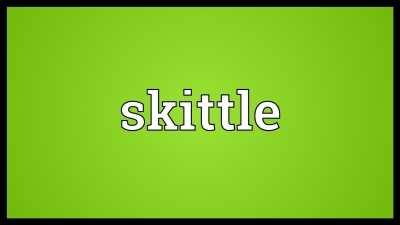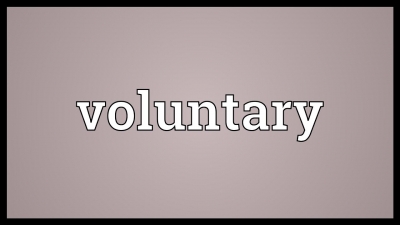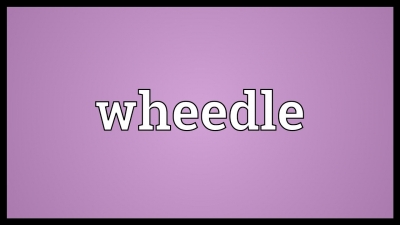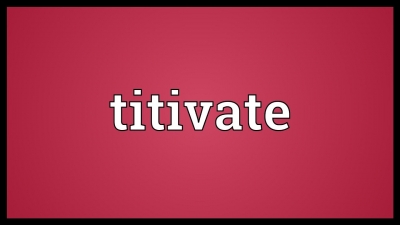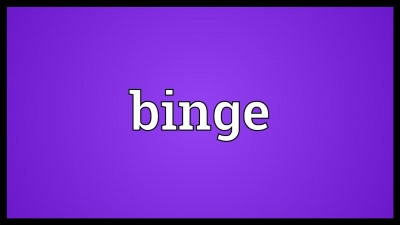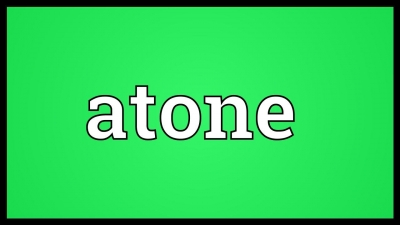What is extradition in international law?

Extradition refers to the deportation of a person to his home country where he has committed a crime.
The topic of extradition is in the news because of fugitive diamond merchant Nirav Modi. He recently lost in a UK court an appeal against extradition to India to face charges of fraud and money laundering in an alleged $2 billion fraud case. But what is extradition? Let's find out...
A deterrent to offenders
Extradition means deportation of a person accused of a crime to his home country. An international mechanism, it is essential as it brings fugitives (persons running away to avoid being caught by police) to face trial in the country they have committed crimes. Fugitives flee to foreign lands in order to escape the law of their own country. Extradition acts as a deterrent against potential offenders who consider escape an easy way to subvert justice.
How does the process work?
Extradition is the process by which a state, based on the request of another, sends back a person to stand trial for a crime punishable by the laws of the requesting state. An extradition request can be initiated in the case of under-investigation. under-trial, and convicted criminals.
The Indian Extradition Act, 1962 provides India legislative basis for extradition. This Act consolidates the law relating to the extradition of fugitives from India to foreign states and vice versa. The basis of the extradition could be a treaty between India and another country. India has extradition treaties with nearly 40 countries, including the UK, the U.S., Australia, Brazil, Canada, France, and Germany.
Request through MEA
A request for extradition on behalf of India can only be made by the Ministry of External Affairs, which formally submits the request to the respective foreign country through diplomatic channels. Here it has to be noted that extradition is not available at the request of members of the public.
In case of urgency, India may request a provisional arrest of the fugitive, pending presentation of an extradition request. Request for a provisional arrest is considered appropriate when it is believed that the fugitive may flee the jurisdiction.
Are there grounds for extradition requests being turned down? Yes, there are. If the offence committed is political in nature such as treason and espionage, if the offence carries capital punishment in the requesting country, if torture or inhuman treatment is possible, or if it is a military offence, the extradition request could be refused.
Nirav Modi case
Diamond merchant Nirav Modi along with his associates allegedly siphoned off Rs 14,000 crore from state-owned Punjab National Bank in connivance with some bank officials. PNB unearthed the scam on January 25, 2018. In February, an FIR was filed with the CBI against Modi and his associates. In its complaint, PNB had alleged that Modi and companies linked to him fraudulently acquired guarantees worth $1.77 billion or Rs 11,400 crore to obtain loans from the overseas branches of Indian banks, claiming to need the cash to import pearls. Nirav Modi fled India on January 1, 2018, to evade the law days before a case was registered against him and his associates. The Indian govemment sent a request for extradition of Nirav Modi to the U.K. authorities on August 3, 2018. After several twists and turns in the case, Modi lost his appeal against extradition to India in the London High Court. Meanwhile, Nirav Modi has filed an application in the London High Court, seeking permission to appeal against its decision to extradite him to India in the U.K. Supreme Court.
Picture Credit : Google
